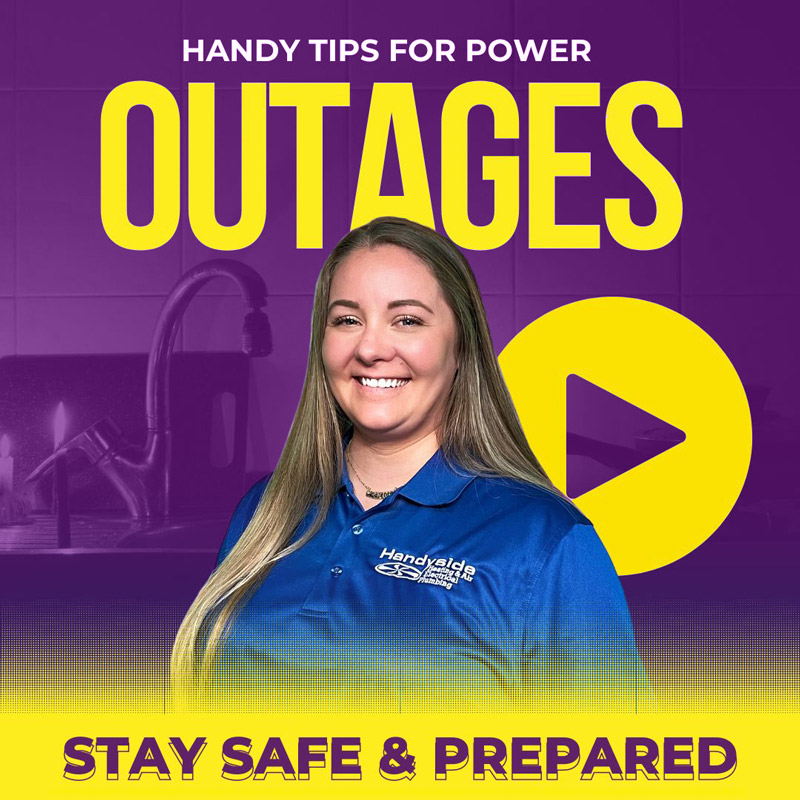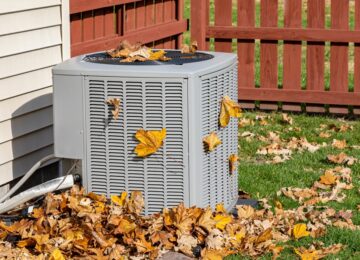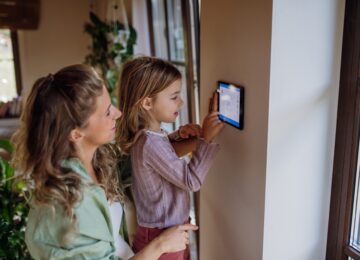While power outages are not a common occurrence in most places in our country, it’s important to know what to do and how to be prepared when they do happen.
 Candles
Candles
For many families, power outages can bring back fond memories of playing games, eating dinner, or reading books together by candlelight. While candles are a great solution for lighting and even warmth to a degree, we need to be careful with them too. Never leave lit candles unattended for long periods, and keep them away from sheets or curtains, which can be highly flammable. Do not give candles to children to have in their rooms while they sleep if the outage lasts overnight.
Gas Devices
There may be a temptation to use gas-powered devices inside your house during a power outage, especially if the blackout occurs during a storm. However, using gas-fueled items such as camp stoves, barbecues, or generators inside your house can not only increase the risk of fire but also introduce harmful fumes and chemicals into your air supply. Any devices you want to use for cooking or to provide limited or temporary power should be used in well-ventilated areas, a safe distance from your home, and anything potentially flammable.

Preparation
Have your home ready in case of a power outage. Ensure that flashlights are charged or that you have a good supply of batteries ready for use. If you have a functioning fireplace, make sure your chimney is clean and your woodpile is stocked, so you’re prepared for a winter power outage. Check on other equipment like candles, generators, gas supplies, and more to ensure they are in working order.
Turn Things Off
When the power goes out, it’s important to unplug some devices and switch off other appliances and light switches that aren’t working. Turning off your tools and other electronic devices can protect them from damage caused by power surges when the power suddenly returns. Additionally, turn your thermostats down lower so that everything doesn’t kick in simultaneously and overload your circuits.
![Tips for Power Outages While power outages are not a common occurrence in most places in our country, it’s important to know what to do and how to be prepared when they do happen. Candles For many families, power outages can bring back fond memories of playing games, eating dinner, or reading books together by candlelight. While candles are […]](https://handysideinc.com/wp-content/uploads/2024/08/Tips-for-Power-Outages-750x420.jpg)




